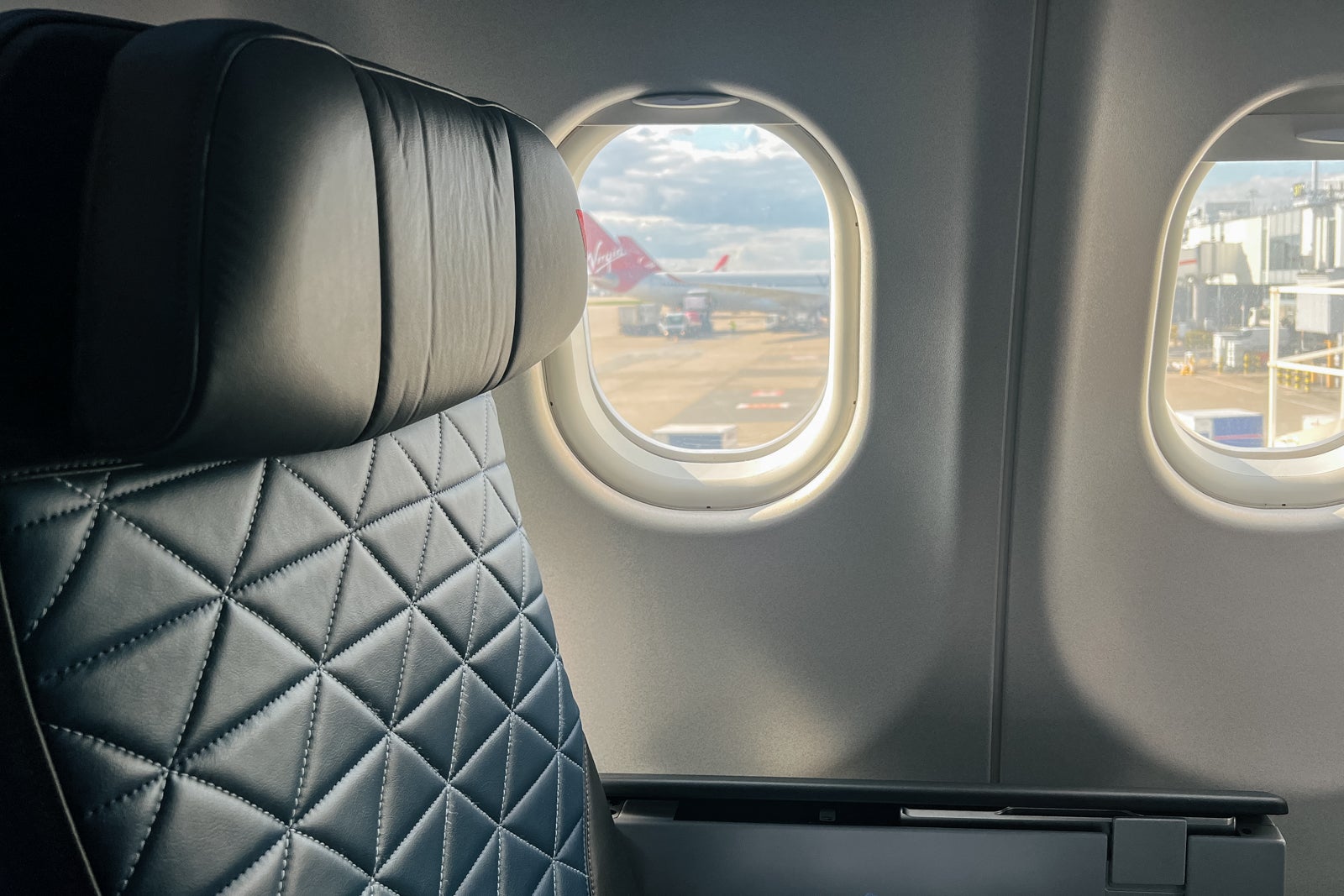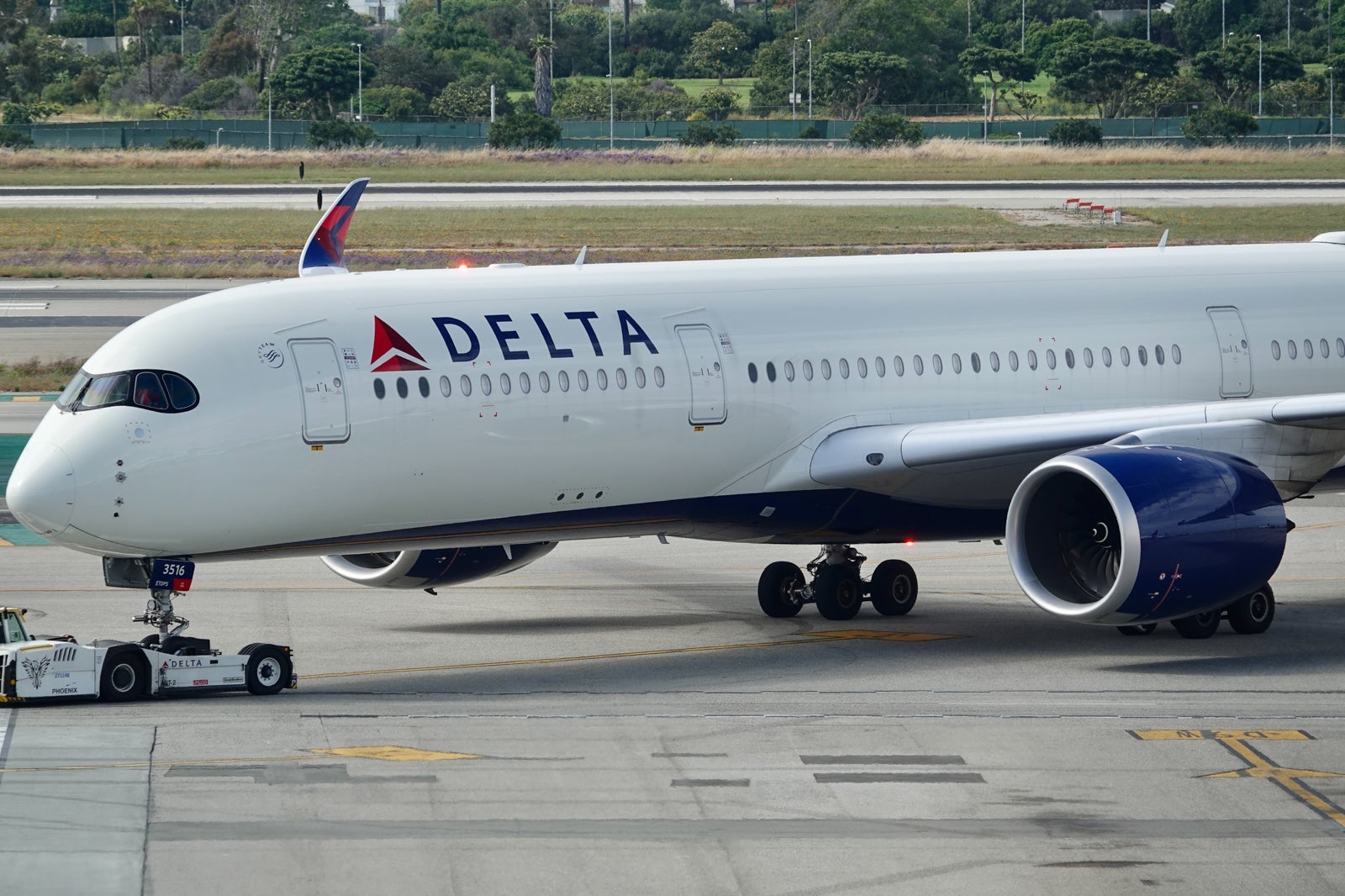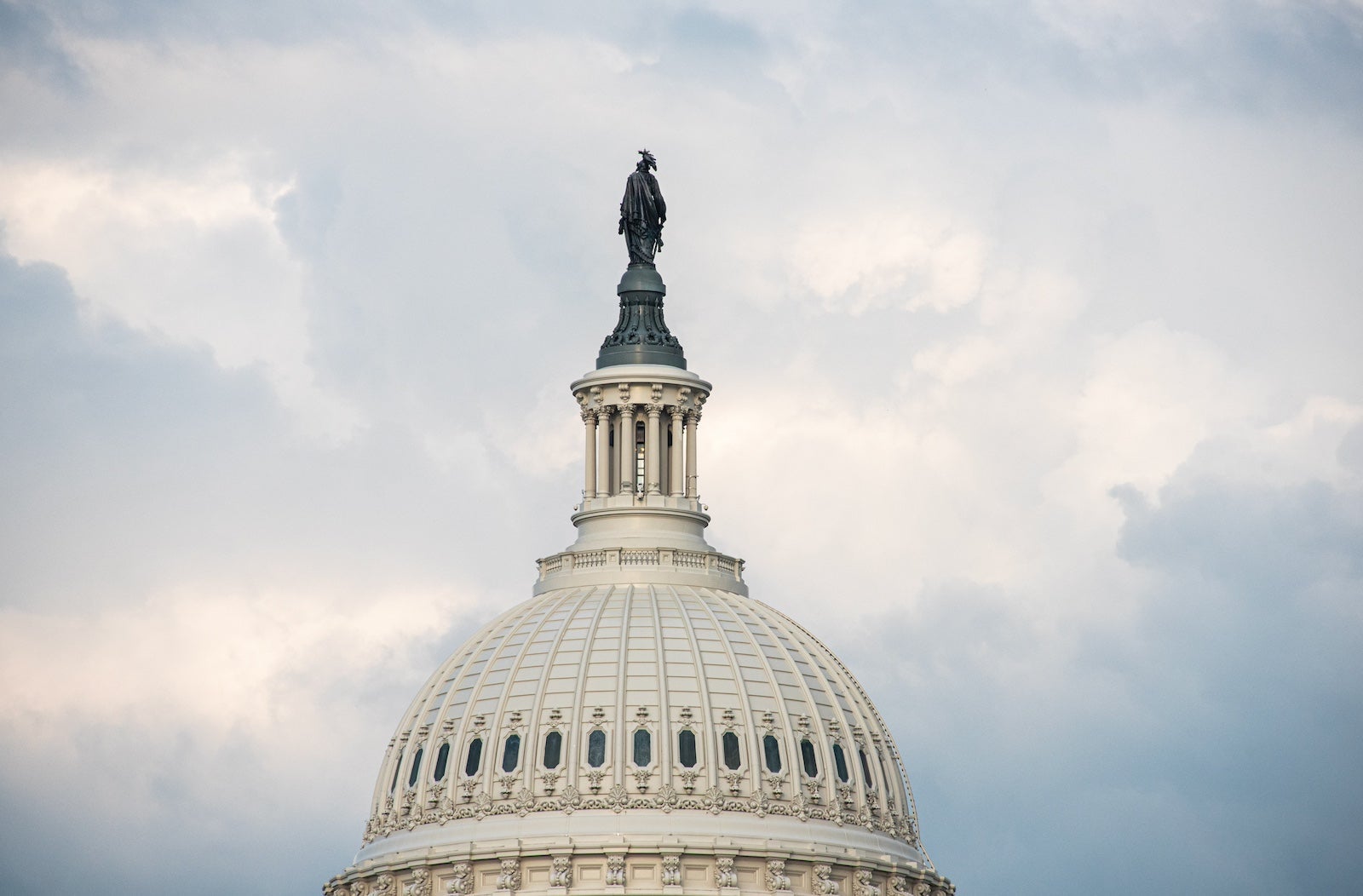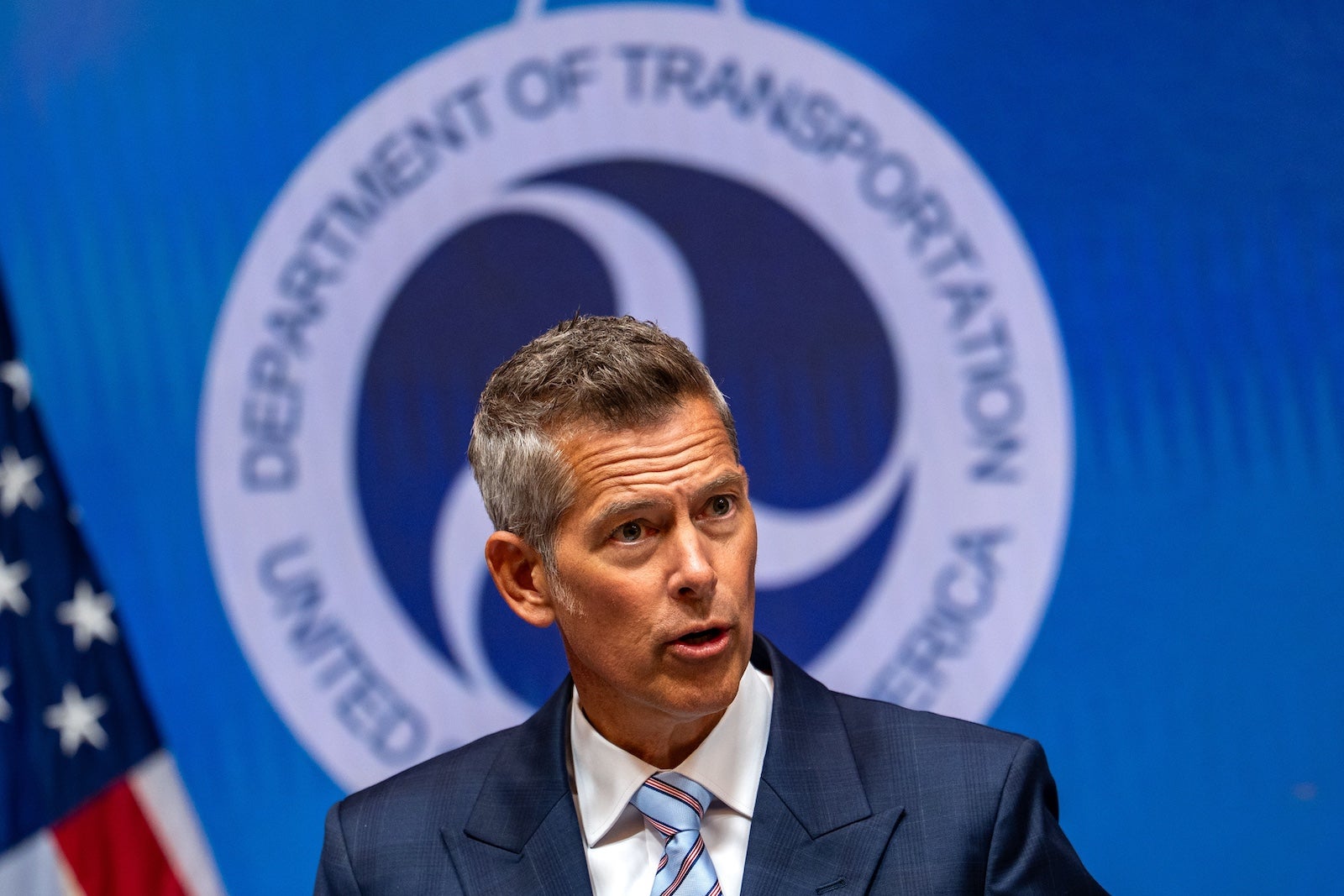Is artificial intelligence really behind the price you pay for a flight? Delta Air Lines ignited a firestorm of controversy last month when it revealed it was using AI to help price some of its flights.
The fallout included a stern letter from Congress (which Delta said contained “misinformation”) … not to mention, a public rebuke from the CEO of American Airlines.
Meanwhile, those of us who regularly fly were left wondering what airfare priced using AI might look like. Our best guess: higher fares on some flights, more price swings and some discounts thrown in.
Oh, what about how your personal information figures into this?
“I’ve still got questions,” a prominent U.S. senator told me this week.
Here’s what we know.
What’s really going on with Delta, AI and airfare?
Delta’s AI pricing tactics really came to the forefront last month when a top executive announced that the Atlanta-based carrier had started using AI to assist with pricing about 3% of its domestic network.
Exactly what does that entail?
According to Delta’s explanation, the carrier is using AI to essentially automate parts of the complex process it goes through to set fares.
Daily Newsletter
Reward your inbox with the TPG Daily newsletter
Join over 700,000 readers for breaking news, in-depth guides and exclusive deals from TPG’s experts

For decades, airlines have used “dynamic pricing” to tailor fares to meet demand.
It’s the strategy behind that sky-high price on the Sunday after Thanksgiving or the discount you might find if you’re booking travel for the quieter autumn months.
Historically, fares have been set by a combination of human analysts and algorithms that evaluate a bunch of factors, from supply and demand to the competition an airline has on a route and how popular a particular day is for travel.
Now, Delta has this AI tool — launched through a partnership with Israeli tech firm Fetcherr — which the airline has described as a “super analyst” working around the clock to evaluate data and make pricing suggestions.
Reality check
Currently, Delta only has the AI tool working on a small portion of its flights.
However, AI could make fare recommendations on nearly 20% of Delta’s network by the end of 2025, the company said on its most recent earnings call.

Will AI lead to higher airfare?
Let’s talk prices — a big lingering question for many consumers.
Higher fares on some flights
Do I expect you’ll see a sudden, dramatic spike in fares? No.
However, airfare experts I’ve spoken with believe AI-influenced pricing could, over time, lead to higher prices on plenty of flights.
After all, Delta is ostensibly using this technology to further a goal every airline has: to fill as many seats as possible and earn as much as it can for each of those seats.
“Passengers can anticipate to pay higher prices, on average,” Kerry Tan, an expert in airline revenue management at Loyola University Maryland, predicted. “Ultimately, this is Delta’s attempt to better estimate customers’ willingness to pay for flights.”
More price swings — but discounts, too
I think it’s a safe bet you’ll see a lot more price volatility, too, since AI will help the airline make more precise pricing adjustments based on trends it spots.
After all, if AI works as it should, it should be able to predict when Delta could get $15 more on a seat — or when it should drop fares by $10 to sell the last few seats on a flight that’s not quite sold out.
You know that thing where you find a $200 flight from Atlanta to New York, then come back a day later and find the price jumped by $50?
Expect plenty more where that came from.
Also likely: more cases where you book a nonrefundable $170 flight from Los Angeles to Phoenix, only to later learn of a 15% price drop. Delta acknowledged that its AI tool sometimes recommends lower prices on flights.
What about your personal data?
Some lawmakers have other concerns.
Last month, three Democratic senators accused Delta of using “individualized” and “surveillance” pricing, essentially creating a situation where two passengers simultaneously searching a flight could see different prices set based on personal data the airline has on hand.
Delta has firmly called that “incorrect” and said its AI tools only make pricing suggestions based on broad (not personal) data like booking trends and fuel prices.

Lingering privacy concerns
Still, some industry insiders worry airlines could eventually go further than that as AI use grows.
After all, carriers have access to troves of customer data through their loyalty programs: what flights they’ve booked, if they have elite status and whether they tend to book the swanky lie-flat seat or the cheapest coach ticket.
Using AI to fine-tune fares to meet broad demand (which is effectively what Delta has said it’s doing) is a “reasonable business practice,” industry analyst Henry Harteveldt said.
“But the concern — the very real concern — is that if Delta does then use data that they have, like zip codes,” added Harteveldt, president of Atmosphere Research Group. “They have no right to charge you more because you live on the Upper West Side of Manhattan any more than they could charge you more if you lived in Greenwich, Connecticut, versus Harlem. They can’t do that.”
Delta: No ‘personalized’ fares
Again, Delta is steadfast: It’s not tailoring prices to individual customers, and it won’t.
“Furthermore, we have zero tolerance for discriminatory or predatory pricing,” Peter Carter, the airline’s chief external affairs officer, wrote last week.
Lawmakers weigh in
For now, the nation’s top aviation regulator says he’s satisfied with that explanation.
“I’ll take them at face value,” Secretary of Transportation Sean Duffy said at a news conference Tuesday while promising to “engage very strongly” if the Department of Transportation got wind of craftier, individualized pricing tactics.

But on Capitol Hill, some lawmakers still have doubts, citing the vast data available to Fetcherr, Delta’s AI partner (which did not respond to a request for comment).
“If the AI tool does know that you bought a Taylor Swift ticket, or found out that your grandmother died, how do you prevent that from going into the pricing model?” Sen. Mark Warner, a Democrat from Virginia, told TPG. “My feeling is Delta got kind of got caught with their hands in the cookie jar.”
Tips for finding the cheapest flights in an AI world
Cookie jar or not, here’s our best advice for finding flights in a world where AI is helping set flight prices.
Set price alerts, and monitor prices closely
Sites like Google Flights will let you set price-tracking alerts so you can watch when a fare jumps or drops. Booking early is still your best bet. And if you see a good price, I’d lock it in.
Book fares you can change later
Keep an eye on your flight’s price, even after you book. Most airlines will let you change your ticket after the fact, and then you’d keep the difference in trip credit for your next flight.
Just know: This advice doesn’t apply to basic economy, which usually comes with a hefty cancellation fee and no changes allowed.
Flexibility is king
It’s easier said than done if you’re tied to a strict in-person work or school schedule, but the more open you can be to different travel dates, times, airlines and airports, the better chance you have at landing the best price possible.
If your only option is the 5 p.m. Friday departure, you’re at the mercy of whatever that flight costs.
Watch for deals
As noted, Delta says its AI tool often recommends lowering a fare to make the price more competitive.
I’d keep an eye out for those discounts, which are sure to be more common on lower-demand days like Tuesdays and Wednesdays … not to mention the autumn “shoulder” season, one of the best times of year to score a flight deal.
Related reading:
Source link

















Add Comment